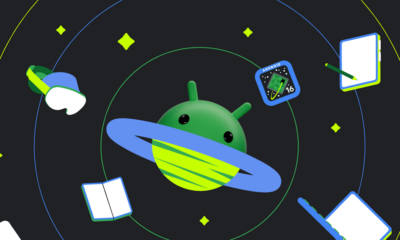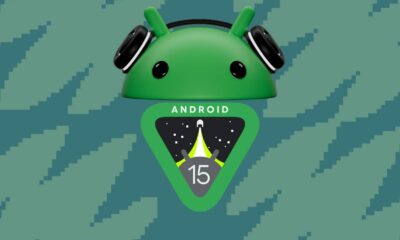Android
Android 15 QPR1 Beta 3 Update: Thicker status bar on Pixel 9 and key fixes for Pixel devices
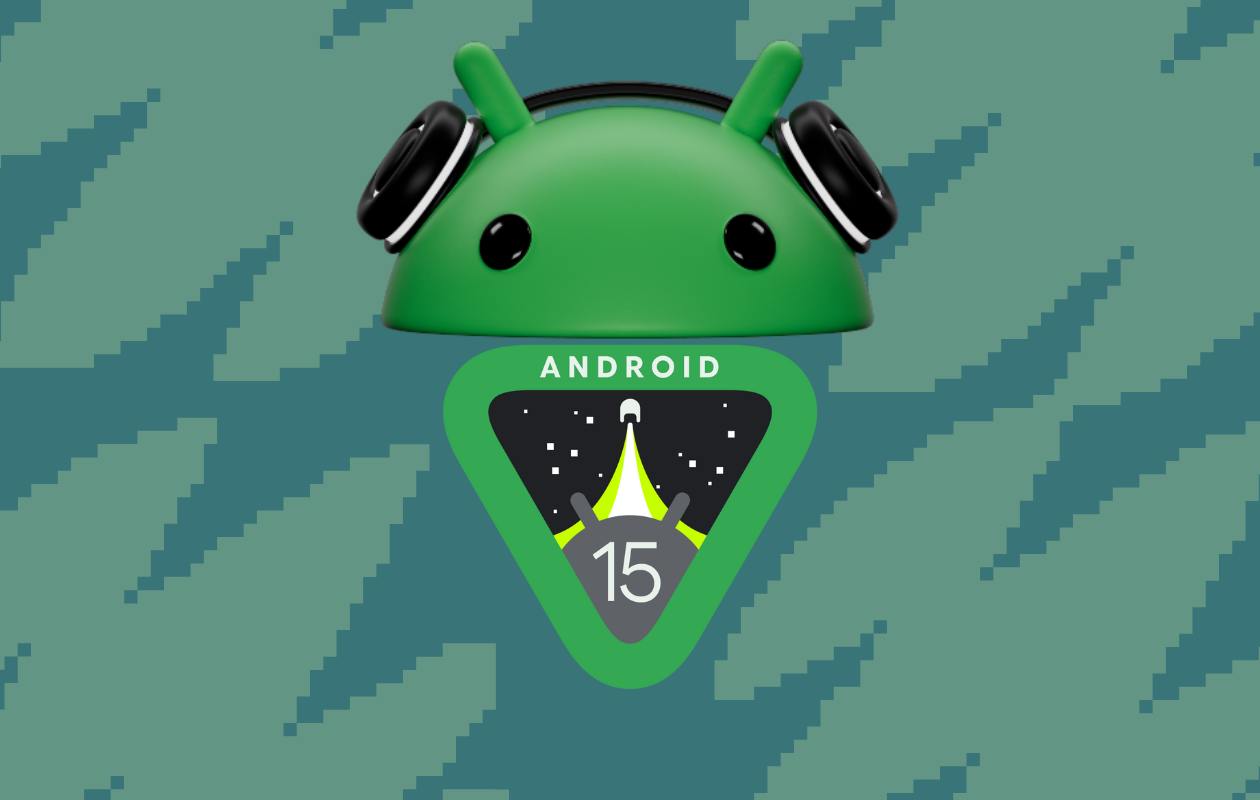
The Android 15 QPR1 Beta 3 brings significant updates to Pixel devices, particularly the Pixel 9 series. A key change is the thicker status bar introduced to better accommodate the large front-facing camera cutout on the Pixel 9 Pro. This adjustment resolves an issue where the selfie camera was too close to the bottom of the status bar, which became noticeable in certain apps like YouTube, especially in Ambient Mode. Now, the status bar has been raised to provide more clearance, improving the overall visual experience.
This change is evident across the Pixel Launcher and apps, where items on the screen now sit slightly lower. The update provides a more balanced look, especially when watching videos. Users with Pixel 9 and Pixel 9 Pro XL devices will notice the improved status bar height across the entire interface.
Key Improvements and Bug Fixes
Google has rolled out Android 15 QPR1 Beta 3 to Pixel devices, marking what is likely the final major beta before the official December launch. It comes about six weeks after the previous release, addressing a range of issues. While no new images are available yet, over-the-air (OTA) updates are now live for installation.
The Quarterly Platform Releases (QPR) tend to offer more substantial changes compared to regular monthly updates, which focus mainly on bug fixes. These releases often introduce new features and user interface (UI) tweaks, ideal for refining the Android experience ahead of the next major version.
Here are some of the major fixes included in Android 15 QPR1 Beta 3:
Notifications and System Issues
- Notification display bug: A bug causing notifications to appear cut off has been fixed.
- System memory paging: Some devices previously experienced crashes or restarts due to memory issues, which have now been resolved.
- Volume button functionality: Problems with volume controls when connected to certain Bluetooth devices have been fixed.
Home Screen and UI Problems
- App icons issue: A bug that caused some app icons to display as default system icons rather than their actual icons has been fixed.
- Multi-user switch issue: Users reported slow performance and occasional crashes when switching between primary and secondary users. This issue has now been addressed.
- System UI crash: A problem that caused the system interface to crash has been fixed.
- Foldable device issue: Foldable devices were experiencing blank screens when unfolded, which is now resolved.
Additional Resolved Issues
- Heads-up notifications: The update fixes an issue that sometimes prevented users from interacting with heads-up notifications.
- System crash during bug reports: The system would sometimes crash when a bug report was taken; this has now been fixed.
- Bluetooth improvements: A crash related to Bluetooth device resources has been fixed, and LE Audio volume control has been enhanced, allowing individual volume adjustments for each connected Bluetooth device.
Pixel Devices Supported
Android 15 QPR1 Beta 3 is available for a wide range of Pixel devices, including:
- Pixel 6, Pixel 6 Pro, Pixel 6a
- Pixel 7, Pixel 7 Pro, Pixel 7a
- Pixel 8, Pixel 8 Pro, Pixel 8a
- Pixel 9, Pixel 9 Pro, Pixel 9 Pro XL, Pixel 9 Pro Fold
- Pixel Tablet, Pixel Fold
Users can install the update via the Android Beta Program or through manual flashing or sideloading. While factory images and OTA downloads are not yet available for some devices, updates can be accessed over the air for those enrolled in the Beta Program.
Conclusion
Android 15 QPR1 Beta 3 continues Google’s trend of refining the user experience on Pixel devices, particularly with the larger camera cutout on the Pixel 9 Pro. With significant bug fixes, Bluetooth improvements, and better UI adjustments, the beta brings Pixel devices closer to a smoother, more stable Android experience ahead of the full release in December.
Android
Android 16 boosts USB data safety and fixes delayed notifications on Pixel phones
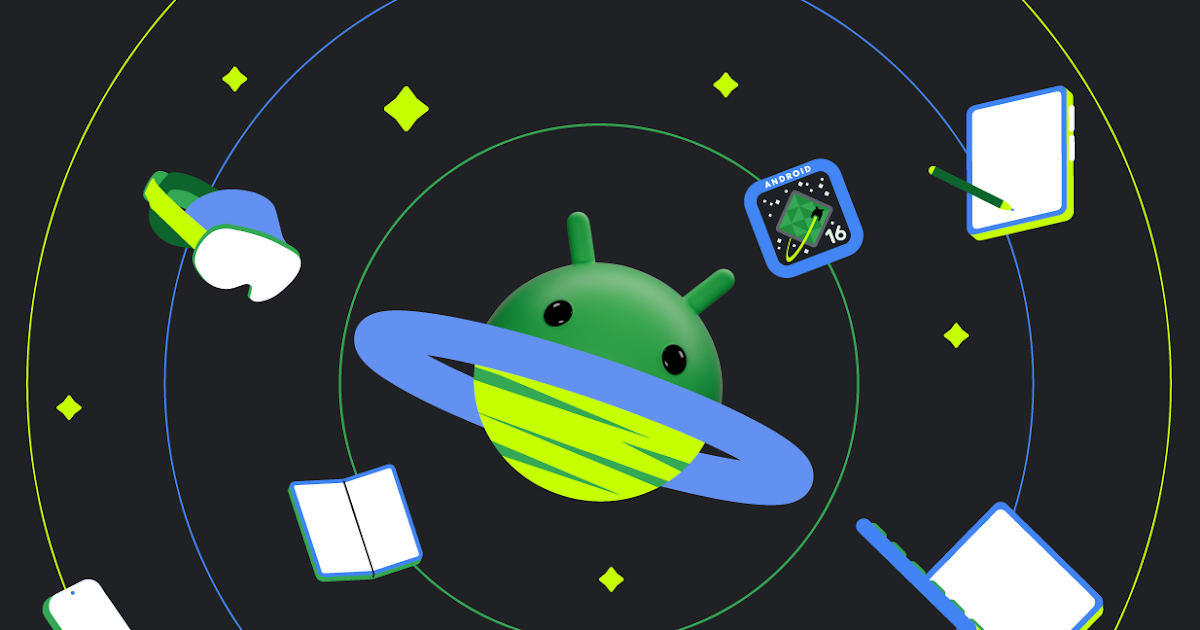
Google’s upcoming Android 16 update is bringing better security and some helpful improvements, especially for Pixel phone users. One of the main features in Android 16 is a new way to protect your phone’s data when it’s connected to a computer through USB. Right now, when you plug your phone into a PC or laptop, it can access all your data as long as you approve it.
With Android 16, Google is adding an extra security layer that only allows limited access unless you enter your PIN, password, or use your fingerprint. This will help protect your files if someone tries to access your phone without permission.
At the same time, Google is also working on a fix for a frustrating issue that some Pixel users have been facing for months — delayed notifications. After the April 2024 update, many users noticed that app alerts were not showing up on time, especially from messaging apps. Google has confirmed the problem and says a fix will be included in a future update, though it’s not in the current April patch yet.
Together, these changes show that Google is focusing on both stronger privacy and a smoother experience for Android and Pixel users. Android 16 is expected to roll out later this year, starting with developer previews.
Android
Google improves Translate, Assistant, TV, and Chrome with new updates
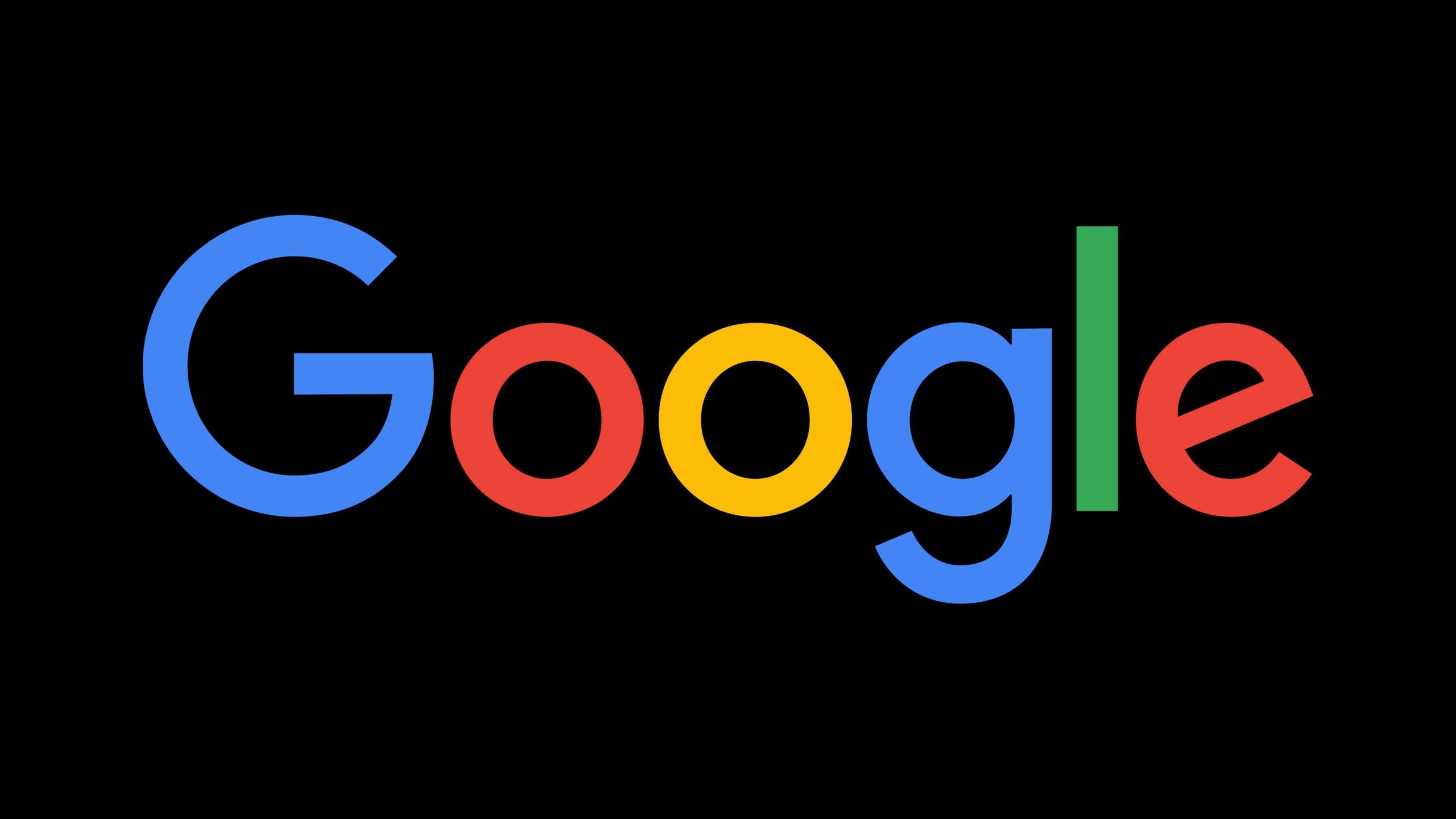
Google is bringing several updates across its apps to make them more useful and easier to use. Google Translate is working on a new feature called “Practice.” It helps users improve their language skills by offering short exercises, like matching words or filling in blanks. Right now, it looks like it will focus on Spanish, but other languages may come later. This tool could be great for people who want to go beyond just translating words and learn the language.
Google Assistant’s Driving Mode in Google Maps is starting to shut down. Many users are noticing that the card-style dashboard is disappearing, and the Assistant voice command shortcut no longer works. Google hasn’t officially said why, but it seems they’re moving away from this feature, possibly to focus on other tools or experiences in Maps.
Google TV’s Freeplay app is now back with a fresh look. It gives users free access to over 100 live TV channels. The redesign makes it easier to browse channels and see what’s playing. The new layout also highlights what’s currently on, making it faster to start watching without having to dig through menus.
Lastly, Google Chrome is testing a new built-in PDF viewer. This upgraded tool makes reading and editing PDFs easier right inside the browser. It includes better zoom controls, a cleaner layout, and a page list view that lets users jump to specific pages more quickly. These updates show Google’s push to improve how we learn, drive, watch TV, and browse the web.
Android
Android 15 grows slowly, while Google brings new AI tools to search and creators

Google has shared the latest Android version usage numbers, showing that Android 15 is still in the early stages of adoption. As of April 2025, only 0.1% of Android devices are using Android 15. This version is currently in its beta phase, mostly available on Pixel and select partner phones. Android 14 leads the way with a 35.2% share, followed by Android 13 at 17.3% and Android 12 at 15.4%. Android 11 still holds 12.4%, showing how long older versions stick around.
Meanwhile, Google is also making changes in its AI efforts. The Gemini AI “prompt bar,” first seen in the Chrome browser, is now being tested in Google Search. This new feature lets users type or click suggestions to ask questions directly using Gemini, making search more interactive. It’s rolling out to more people gradually.
In addition to that, Google introduced Veo, a powerful video generation tool for creators. Veo can make high-quality videos from simple text prompts, using advanced AI to understand scenes, emotions, and cinematic styles. Google is currently letting select creators try Veo through a waitlist.
Together, these updates show how Google is improving both its Android platform and AI services. While Android 15 adoption is just beginning, features like the Gemini prompt bar and Veo highlight the company’s growing focus on AI to enhance user experiences across devices and tools.
-
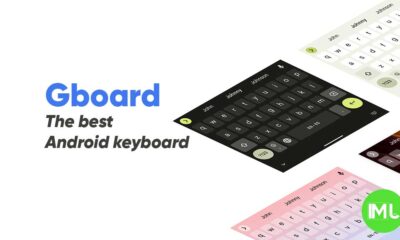
 Apps1 year ago
Apps1 year agoGboard Proofread feature will support selected text
-
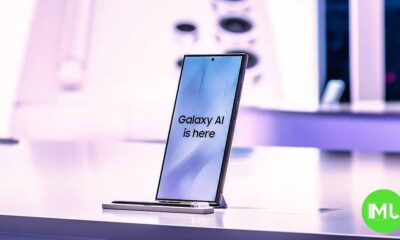
 News1 year ago
News1 year agoSamsung USA crafting One UI 6.1.1
-

 News1 year ago
News1 year agoBreaking: Samsung Galaxy S22 may get Galaxy AI features
-
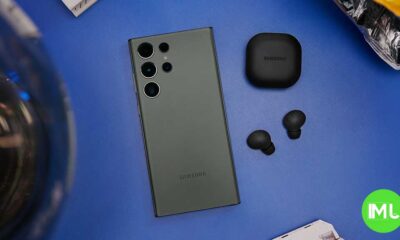
 News1 year ago
News1 year agoSamsung Galaxy S23 Ultra with One UI 6.1 and all S24 AI features revealed
-

 News1 year ago
News1 year agoOne UI 6.1 Auracast (Bluetooth LE Audio) feature coming to many Samsung phones
-

 News1 year ago
News1 year agoSatellite SOS feature coming to Google Pixel phones, evidence leaked
-
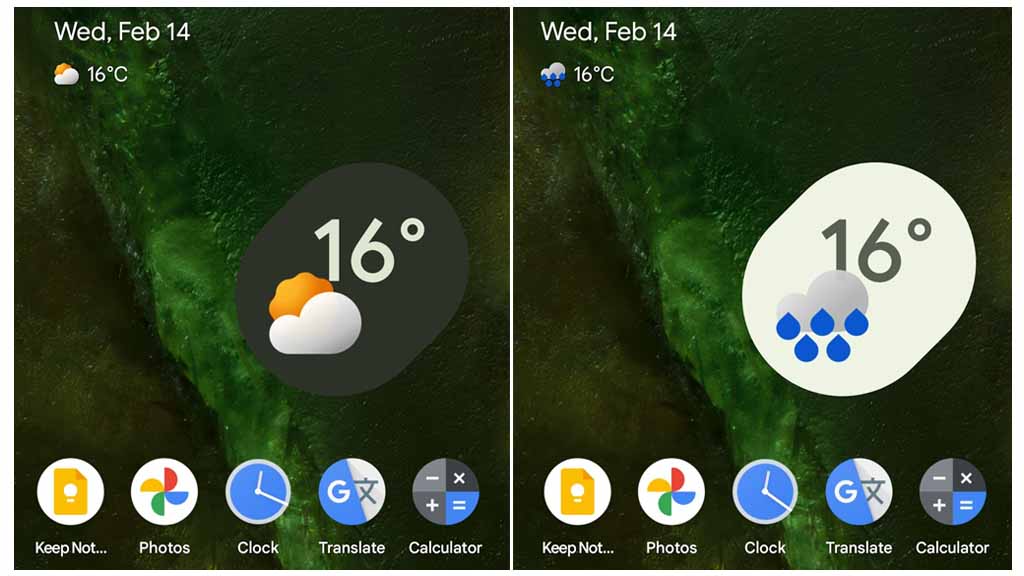
 Apps11 months ago
Apps11 months agoGoogle’s fancy new Weather app is finally available for more Android phones
-
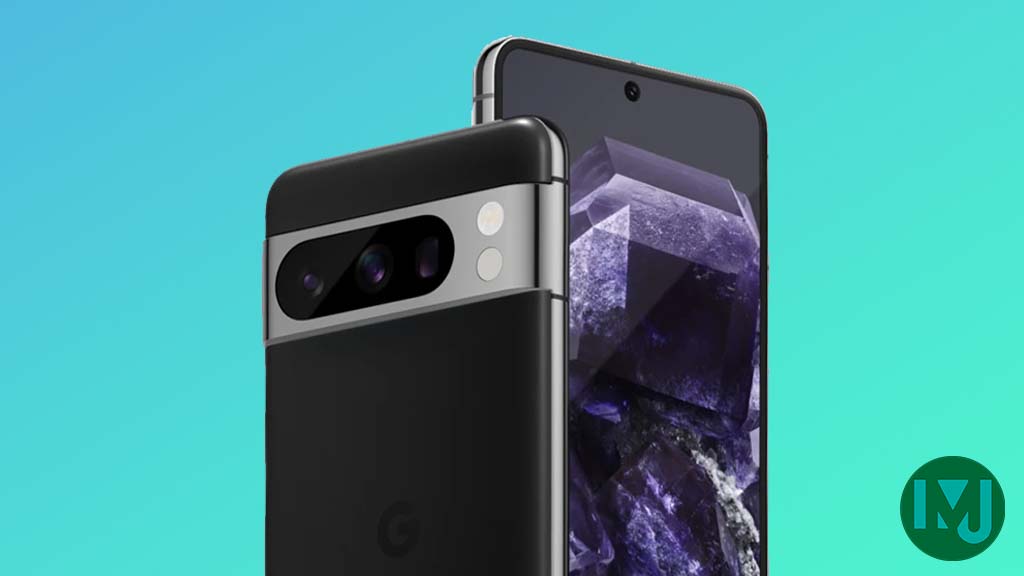
 News1 year ago
News1 year agoGoogle Pixel evolves as Europe’s third best selling flagship

